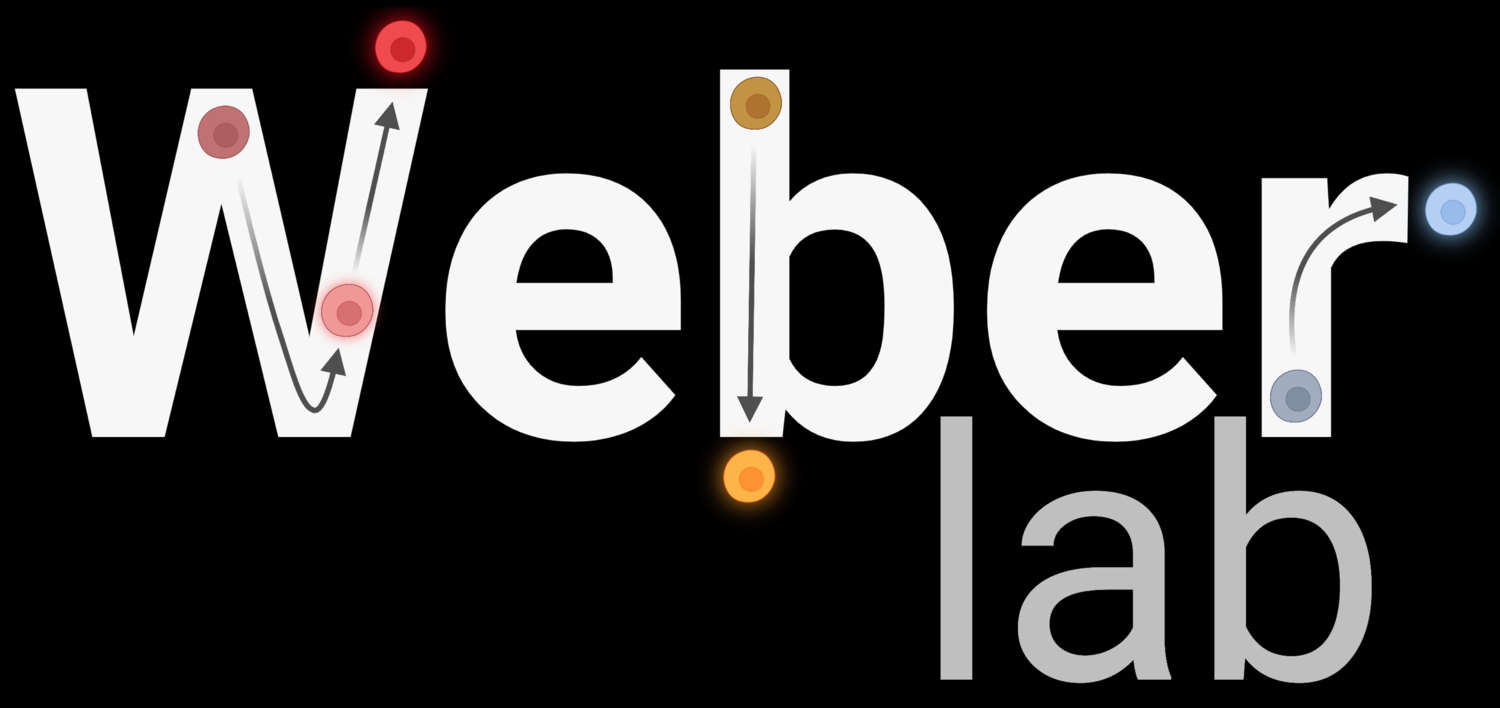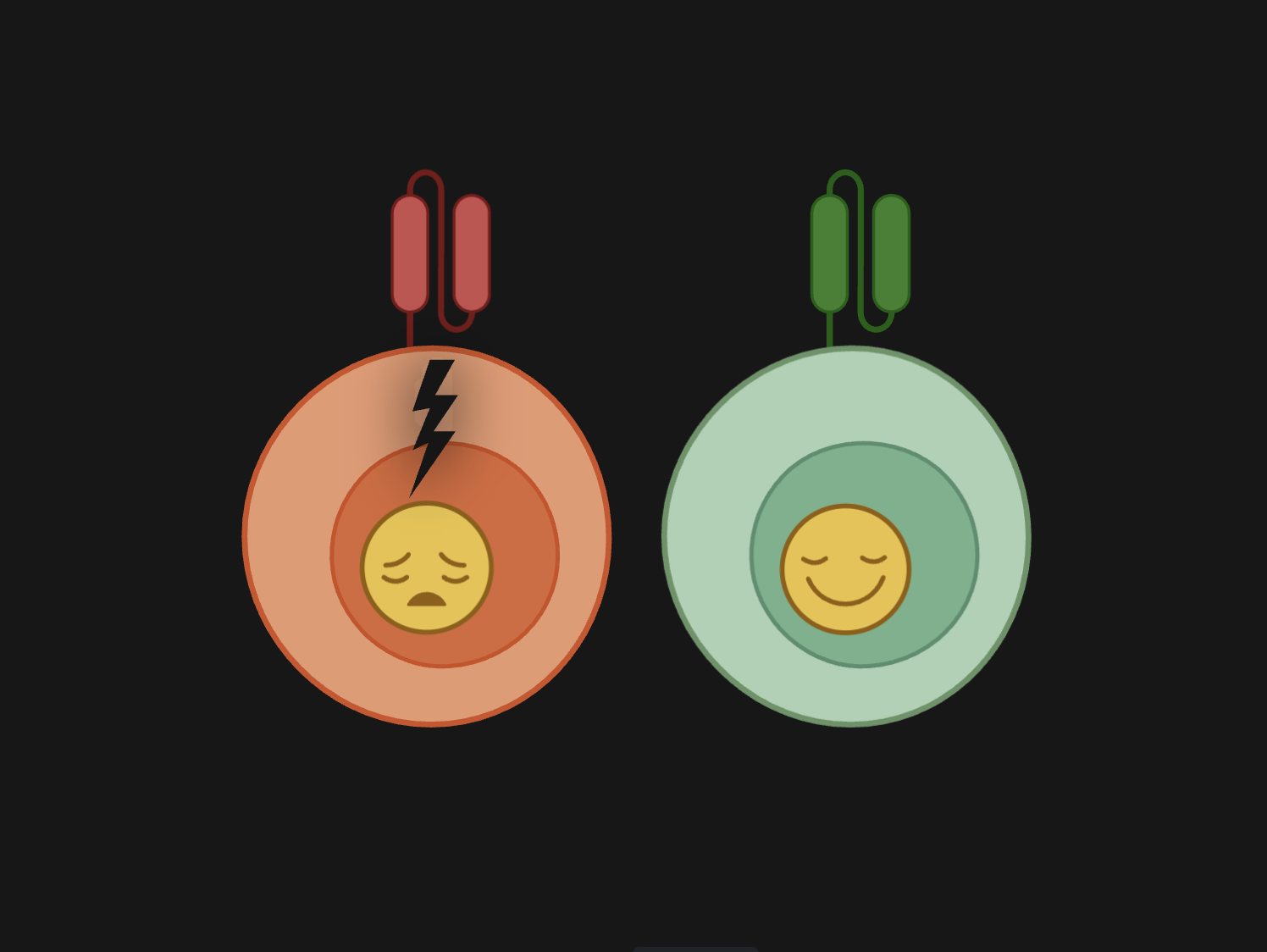Research
Mechanisms of CAR T cell memory and persistence
-
CAR T cell therapy has demonstrated remarkable clinical success in patients with blood cancers. However, only 50% of those treated remain cured after 12 months, and CAR T cells have been largely ineffective against solid tumors. A major barrier to progress for CAR T cell therapy is poor CAR T cell persistence. Patients whose CAR T cells are long-lived are much more likely to be cured than those with short-lived CAR T cells. Therefore, there is a critical unmet need to develop strategies to help CAR T cells stay in the fight against cancer.
We recently discovered that overexpression of the transcription factor, FOXO1, can enforce T cell memory programs that endow CAR T cells with enhanced persistence and durable antitumor function (Doan, Mueller, and Chen et al. Nature 2024). This work underscores the importance of memory programming in human CAR T cells and provides a broadly applicable approach to enhance CAR T therapeutics.
Our lab is now doing a deeper dive into the mechanisms by which FOXO1 and other memory-associated transcription factors enhance persistence and/or alter CAR T cell function. We are also performing multiomics analyses on CAR T cells from pediatric patients with exceptional CAR T persistence to identify pathways associated with durable persistence and clinical efficacy. Insights from these studies will be leveraged to develop translational approaches to enhance the persistence and potency of CAR T cells.
Counteracting CAR T cell exhaustion
-
CAR T cell exhaustion manifests from continuous antigen-dependent or -independent CAR signaling and results in severely blunted antitumor function. Patient CAR T cells with an exhausted phenotype correlate with poor clinical outcomes, indicating that exhaustion is a major limitation for CAR T therapies. Transiently pausing CAR signaling to “rest” CAR T cells (Weber et al. Science 2021) or overexpressing transcription factors (Lynn et al. Nature 2019) can mitigate exhaustion, thereby enhancing CAR T antitumor activity.
Our lab is modeling exhaustion in human CAR T cells to determine the fundamental mechanisms by which exhaustion occurs, and developing strategies tailored to counteract the human exhaustion program. Using novel in vitro and in vivo CRISPR-based screens, we are identifying new gene targets that can be silenced or activated to mitigate or reverse exhaustion. We are also developing inducible CAR T platforms to implement CAR T cell “rest” in a more rational and effective manner. Our work will result in a suite of translatable anti-exhaustion approaches that can be combined with other potency enhancements to increase the efficacy of CAR T cells against solid and liquid cancers.
Epigenetic reprogramming to enhance T cell fitness
-
Poor T cell fitness, whereby T cells lose the ability to expand, persist, and mediate antitumor responses, limits CAR T cell therapies. Emerging research suggests processes which limit fitness involve the acquisition of stable epigenetic marks (e.g. exhaustion), and that epigenetic reprogramming is mechanistically important for overcoming loss of fitness (Weber et al. Science 2021). This presents a unique challenge because existing epigenetic reprogramming approaches are either non-specific (e.g. epigenetic drugs that induce global chromatin remodeling) or highly specific (e.g. dCas9-based methods that target only 1 gene) and are therefore suboptimal for inducing the extensive epigenetic changes associated with enhanced fitness.
Funded through an NIH New Innovator Award (DP2), our lab seeks to overcome these barriers by engineering synthetic epigenetic reprogramming factors that can fine-tune CAR T cell behavior and enhance fitness. Ultimately, we envision a toolkit whereby combinations of synthetic factors can be tailored to enhance T cell fitness in a patient- or disease-specific manner.



